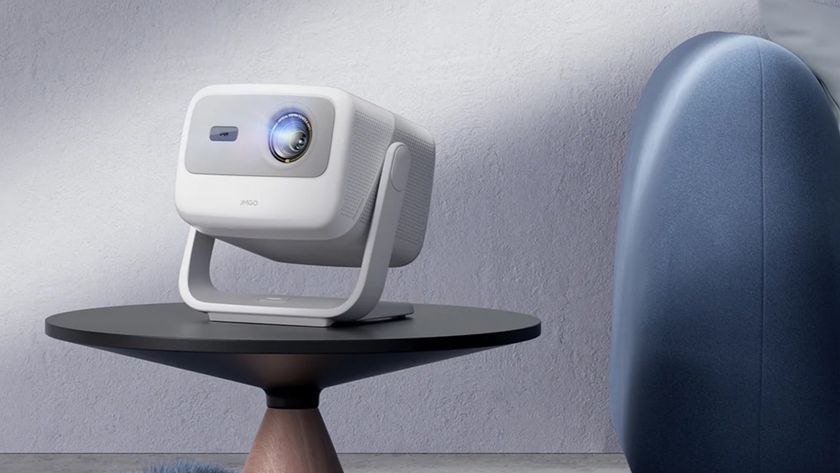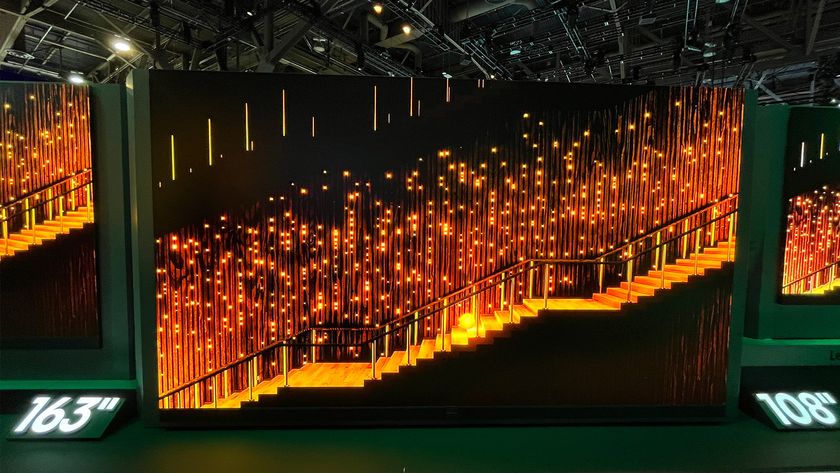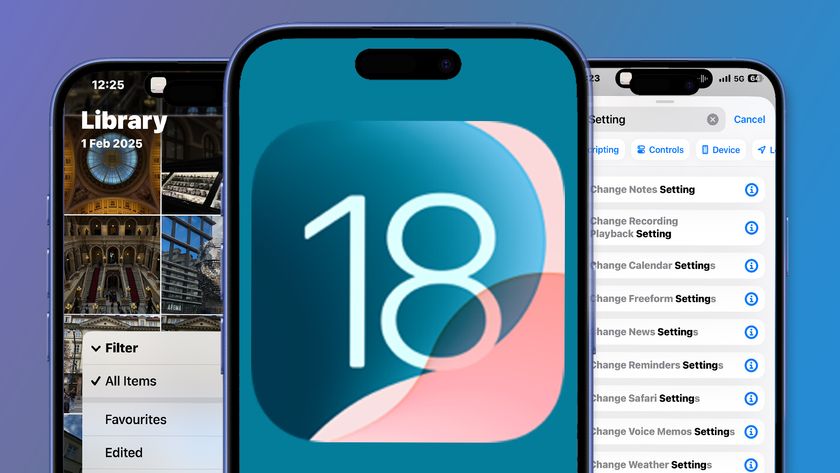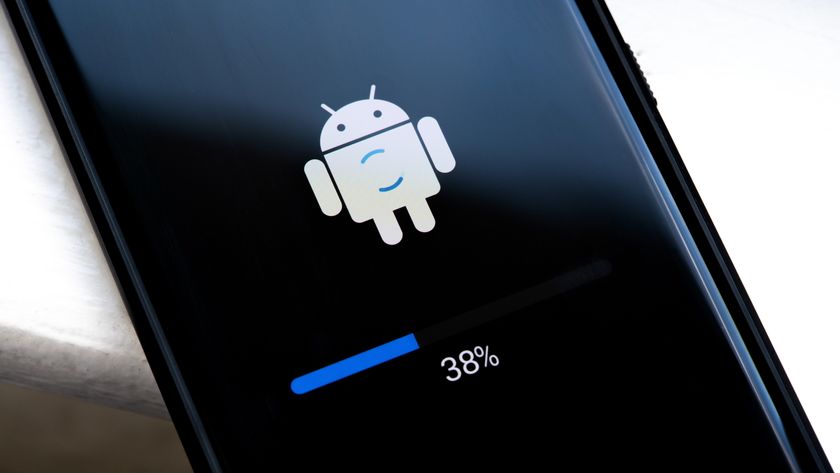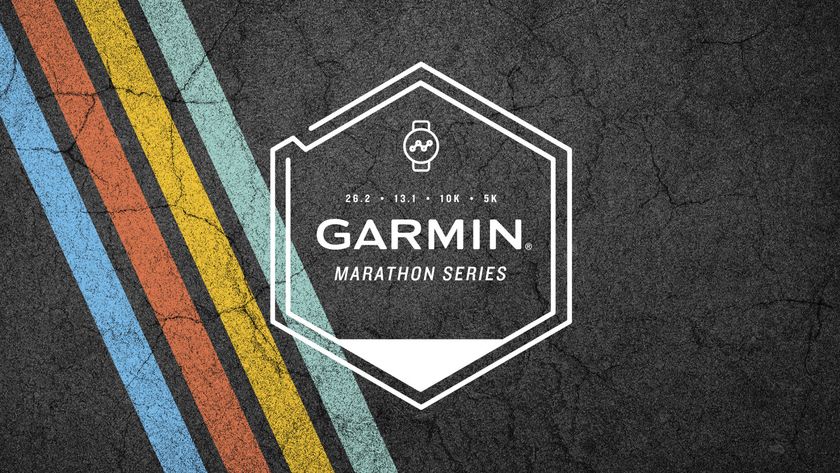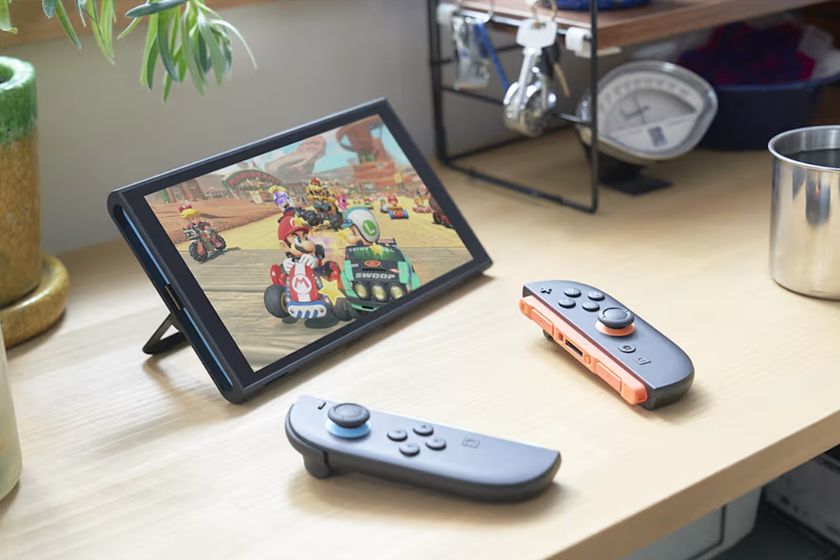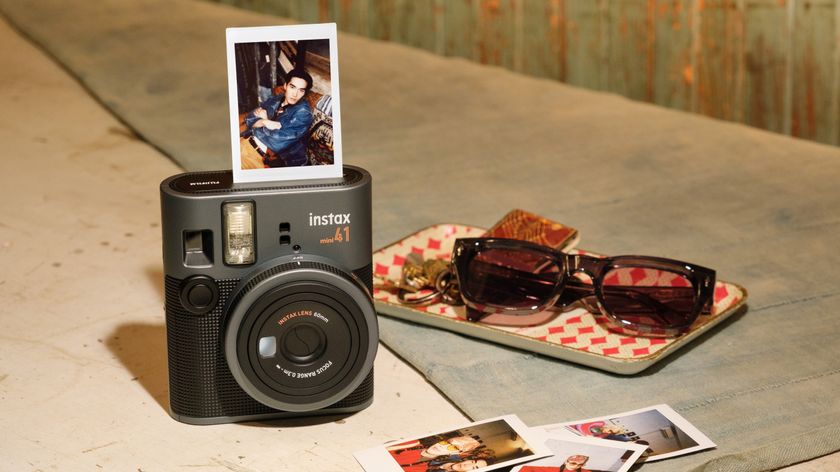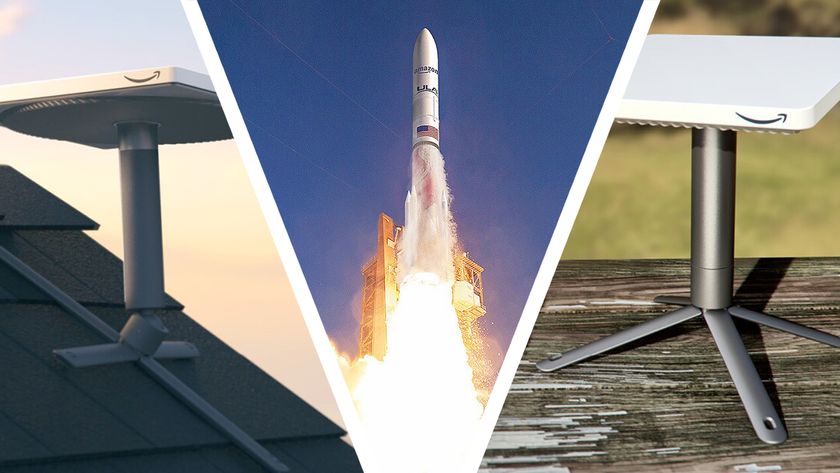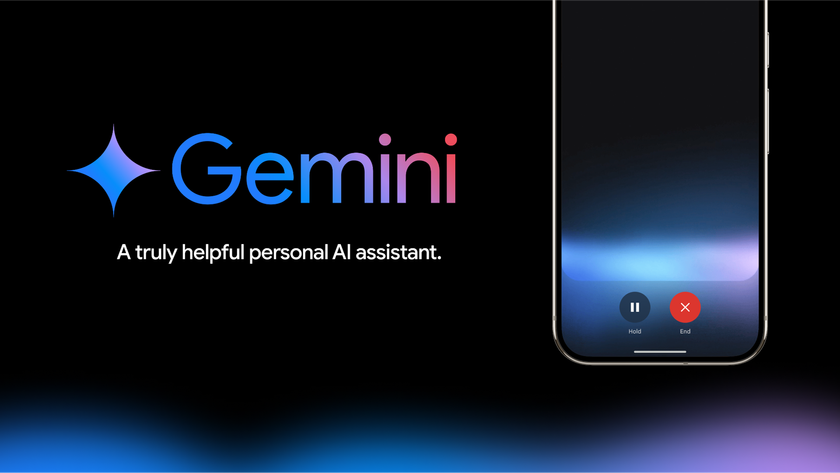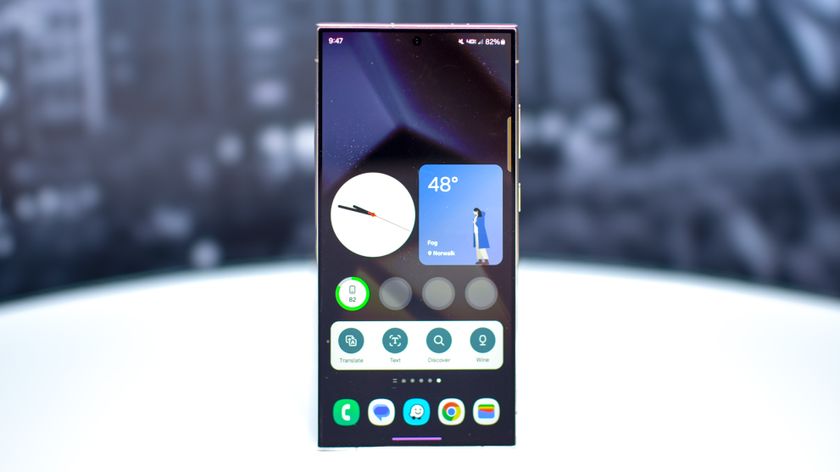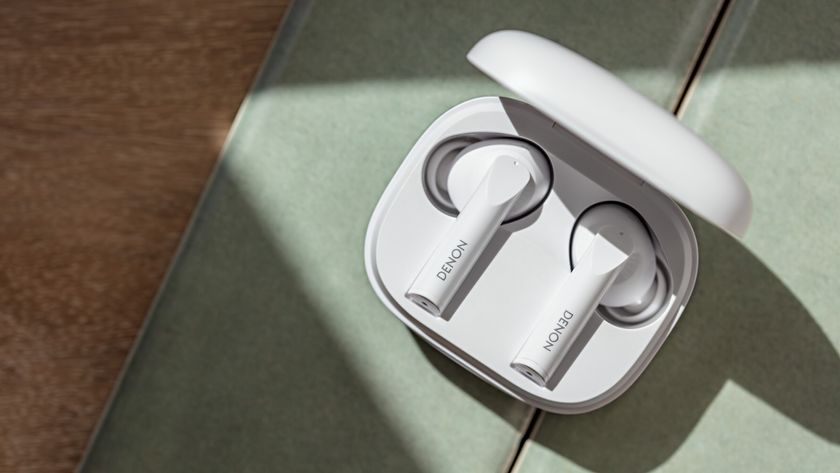Apple brings HDR10+ to Apple TV, iPhone and iPad, but there's a catch
It's here at last, but only in one app, weirdly
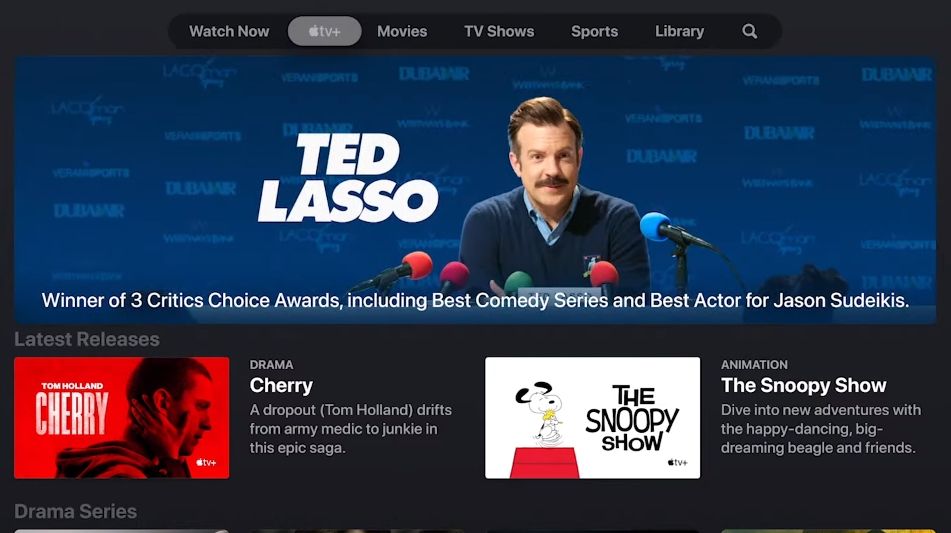
In among all the big and exciting WWDC 2022 announcements, we were disappointed to learn that there wouldn't be much of an upgrade to tvOS on the Apple TV 4K… but it turns out that there actually will be one major upgrade, and it's coming to iPhone and iPad, too.
According to FlatpanelsHD, Apple has confirmed that HDR10+ support is coming to Apple TV 4K, as well as Apple's other devices with HDR capability: that means OLED iPhones (including the iPhone 13), plus the iPad Pro 12.9-inch (2021).
Except, judging by Apple's statement, something a little odd is going on. It said: "HDR10+ support. The latest generation of high dynamic range technology is now supported in the Apple TV app".
The Apple TV app (not to be confused with Apple TV hardware, which also runs the Apple TV app…) is a way of drawing lots of the things you watch into one place, so they're easy to find. If you watch things on Disney+ and Amazon Prime, say, new episodes will be highlighted in the Apple TV app. The app also includes Apple TV+, Apple's streaming service (not to be confused with either the app or the hardware), and any movies or TV shows that you've bought from Apple's digital store.
So here's the weird part: why does Apple say specifically that the Apple TV app supports HDR10+? HDR10+ is a rival to Dolby Vision HDR (both use scene-by-scene data to improve HDR performance depending on exactly what's being shown), and Apple offers Dolby Vision support to any app that wants to use it.
It's especially odd because the only things you can watch directly within the Apple TV app are movies or TV from Apple directly, either on Apple TV+ or its own store… and these only use Dolby Vision, not HDR10+.
The biggest service that uses HDR10+ is Amazon Prime Video, though Paramount+ also offers it… but if you want to watch anything on these services, you have to use their app. Even if you tap on a show or movie from the Apple TV app, you're bounced out to the official app to actually watch it. So these apps need to support HDR10+, not the Apple TV app.
Get daily insight, inspiration and deals in your inbox
Sign up for breaking news, reviews, opinion, top tech deals, and more.
We've approached Apple for clarification, and will update when we hear back.
Analysis: Why is HDR10+ desirable?
There are three key HDR formats: HDR10, HDR10+, and Dolby Vision. HDR10 is 'regular' HDR, while HDR10+ and Dolby Vision are more advanced – if your device doesn't support the more advanced format, it will 'fall back' to using HDR10 for whatever you're watching.
Ideally, you'd always be using HDR10+ or Dolby Vision because they help your device to adjust its brightness and darkness levels throughout a movie to always give you the best contrast levels with as much detail as possible, depending on what each scene needs. Regular HDR10 sets the overall contrast levels for the whole movie, so darker and lighter scenes are all having to work within a certain envelope, so you get a bit less nuance.
The problem is that most streaming services use Dolby Vision or HDR10+, so if your device doesn't support both, you won't be getting the best quality from all services. We've been wanting Apple to support HDR10+ for a while, so that all of its HDR-ready devices can reach their full potential for watching movies, for this reason.
And it seems like we're nearly there? Hopefully it will turn out that there's HDR10+ support for all apps in the end.

Matt is TechRadar's Managing Editor for Entertainment, meaning he's in charge of persuading our team of writers and reviewers to watch the latest TV shows and movies on gorgeous TVs and listen to fantastic speakers and headphones. It's a tough task, as you can imagine. Matt has over a decade of experience in tech publishing, and previously ran the TV & audio coverage for our colleagues at T3.com, and before that he edited T3 magazine. During his career, he's also contributed to places as varied as Creative Bloq, PC Gamer, PetsRadar, MacLife, and Edge. TV and movie nerdism is his speciality, and he goes to the cinema three times a week. He's always happy to explain the virtues of Dolby Vision over a drink, but he might need to use props, like he's explaining the offside rule.
